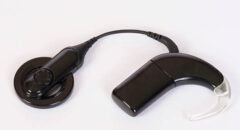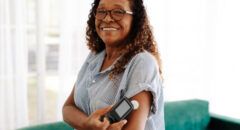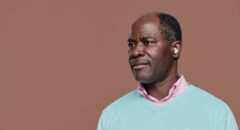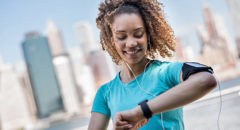
Mobile health apps can help older Americans but only about four in 10 use them, and those most likely to benefit are least likely to take advantage of them, a new survey reveals.
Health apps monitor everything from calories and exercise to blood pressure and blood sugar. They also help users manage chronic conditions or achieve health goals.
What the study shows
“Now that most older adults have at least one mobile device, health-related apps can provide an opportunity to support their health-related behaviors, manage their conditions and improve health outcomes,” says Dr. Pearl Lee, a geriatrician at Michigan Medicine-University of Michigan who worked on the poll report.
But this phone poll of more than 2,100 Americans between 50 and 80 years of age found that only 44% had ever used a health app on their smartphone, tablet or wearable device.
Respondents who were least likely to have done so included those in poor health and those with lower levels of education or income, according to the National Poll on Healthy Aging from the University of Michigan Institute for Healthcare Policy and Innovation.
People with incomes over $100,000 were nearly three times more likely than those with incomes under $30,000 to use health apps (43% versus 15%). Those with college degrees were more than twice as likely to do so as those who had not completed high school.
Half of those who never used a health app or who stopped said they have no interest in doing so, the findings showed.
RELATED: Maintaining Fitness After 50 mobile apps
How health apps can help older adults
Many apps can be useful to seniors, according to AARP and Senior Living.org, an organization for older people and their caregivers.
In all, 28% of respondents in the new poll said they currently use at least one health app. One-third said they use an app to track their physical activity, while smaller numbers use apps to keep tabs on sleep, weight, nutrition or blood pressure, to guide meditation, or manage mental health and stress.
One-quarter of current users said they have shared information from their apps with their health care providers, according to a news release from Michigan Medicine.
Among respondents with diabetes, only 28% said they use an app to record their blood sugar levels while 14% use an app to








